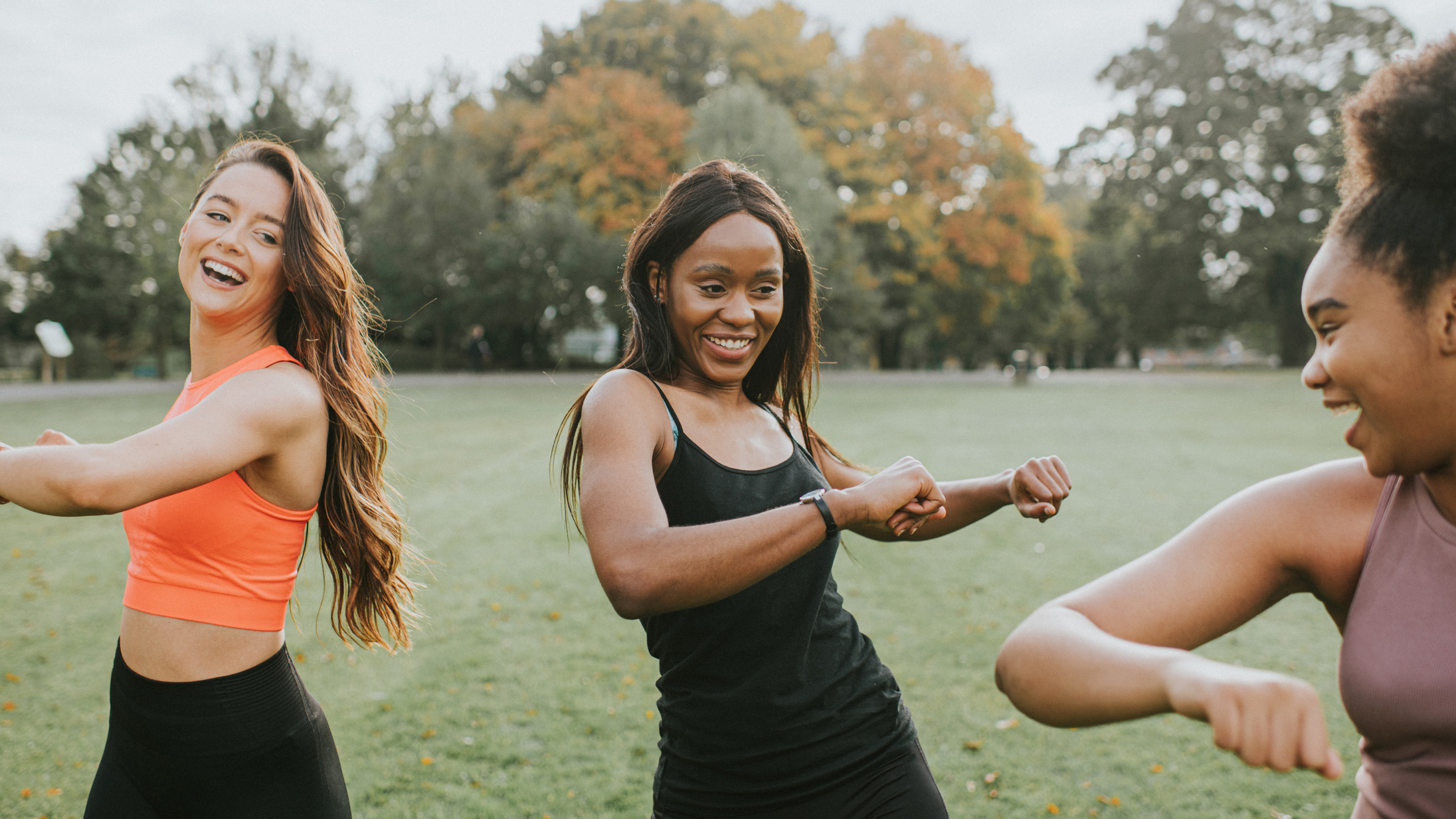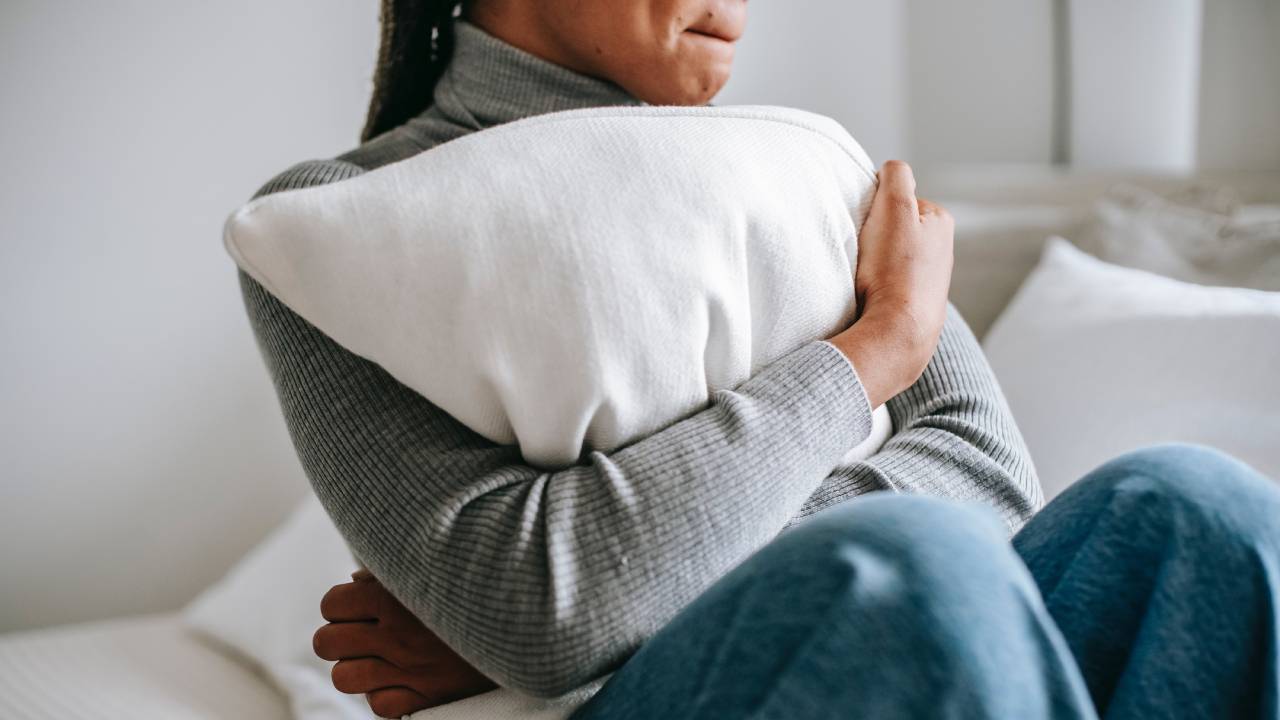Body transformation coach shares 5 reasons why workouts can help you feel better physically and mentally
Feeling blue? Here's why you should `PUT THE COOKIE DOWN` and work out immediately to feel better


Get all the latest news, reviews, deals and buying guides on gorgeous tech, home and active products from the T3 experts
You are now subscribed
Your newsletter sign-up was successful
Blue Monday, the most depressing day of the year, might be made up, but it doesn't take away from the importance of talking about mental health. I personally look forward to Blue Monday every January, as it allows me to open up a conversation about the connection between mental well-being and exercise and how workouts can be the most convenient and money-saving way to improve mental health.
I'm not alone in thinking this way. I talked to many people in the fitness industry who appreciate the connection between physical activity and mental hygiene, but not many stories inspired me as much as Rhys', a personal trainer and body transformation coach working in Madeira. Talking to him recently made me realise once again how different we are and just how essential it is to take mental health seriously.
Having battled anxiety, depression and dyslexia early in his teens and since, Rhys has always relied on exercise and fitness to bolster his mental health. "Exercise is still the main driver and centre of my life," he admits, "I am passionate about health and well-being. I had never planned on taking this route as a job either - but having been saved by exercise alone; I had to share what I'd learnt with others."
"I believe that the physical benefits of exercise are a secondary win compared with the mental reward. Body transformations happen, sure, but how exercise can transform one's mindset and strengthen confidence tenfold is quite frankly miraculous." I asked Rhys to share his five reasons why exercise and workouts are the best way to battle the Blue Monday blues; please find these below.

Rhys, a.k.a. MadFit, is originally from the UK and has recently relocated to Madeira, Portugal, to pursue a more active outdoor lifestyle and improve his mental health and well-being. He’s been involved in sports and training for the last 10 years, and his central coaching ethos is to help people take control of their minds and bodies using a positive and robust approach to nutrition and exercise.
1. Exercise reduces the symptoms of depression
Many people know about the runner's high phenomenon, even if they haven't experienced it themselves. Losing yourself to exercise is an uplifting feeling that can easily wash away the stress of the day. "Workouts release feel-good chemicals known as endorphins which help enhance our well-being," Rhys explains, "It enables the body to release proteins known as neurotrophic or growth factors, which help our nerve cells grow and create new connections."
2. Improved confidence
Workouts change your body, but you don't have to squat 300 lbs or run around the village to feel accomplished. "Even the shortest workout can help flush your brain and body with endorphins and dopamine, boosting self-esteem and fuelling self-confidence," Says Rhys, "Knowing that you've achieved something and on a course to alter your body and mind positively, exercise induces a positive alteration to your mental state, too!"

3. Helps manage stress
"Aerobic exercise can help better manage stress", Rhys suggests, and science backs him up on this claim. "There have been consistent findings that people report feeling calmer after a 20- to 30-minute bout of aerobic exercise, and the calming effect can last for several hours after exercise", says the American College of Sports Medicine. It might feel like this is just stating the obvious, but considering how many people still don't use exercise to combat stress, it's important to reiterate the connection.
Get all the latest news, reviews, deals and buying guides on gorgeous tech, home and active products from the T3 experts
4. Makes you sleep better
For many, a good night's sleep is the ultimate challenge to tackle. And while most people know what it takes to sleep better – bedtime routine, screen-free evenings, regular exercise, good diet, etc. – not many of us actually follow these rules to make a difference. "Research showed that exercise positively affects sleep quality in middle-aged and older adults," says Rhys, "This is why I always recommend my clients to prioritise exercise if they want to feel well-rested during the night."
5. Creates social connections
"When working out in a group setting, motivation is boosted, and relationships are solidified," Rhys says, "Working out in groups, especially for the older generation, can have a hugely positive impact by the calming and relaxing effect on the brain and body due to the release of serotonin, which helps the older generation maintain a good mood and a positive mindset. This means that regular physical activity can even help reduce stress and mood disorders."

Matt Kollat is a journalist and content creator for T3.com and T3 Magazine, where he works as Active Editor. His areas of expertise include wearables, drones, action cameras, fitness equipment, nutrition and outdoor gear. He joined T3 in 2019.
His work has also appeared on TechRadar and Fit&Well, and he has collaborated with creators such as Garage Gym Reviews. Matt has served as a judge for multiple industry awards, including the ESSNAwards. When he isn’t running, cycling or testing new kit, he’s usually roaming the countryside with a camera or experimenting with new audio and video gear.